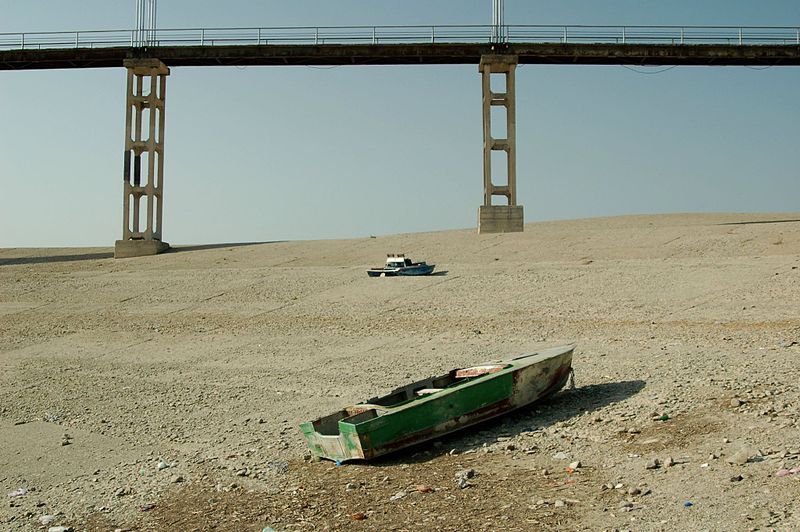Food shortages in Asia imminent if adaptation to climate change is not pursued
Climate change is significantly increasing the risk of severe drought and food shortages in Asia.

Climate change is significantly increasing the risk of severe drought and food shortages in Asia.
Research highlighted in the 'Food Security: Near future projection of the impact of drought in Asia' report shows that within the next 10 years large parts of Asia probably have to face increased risk of more severe droughts, which will impact regional and possibly even global food security.
The report, led by the University of Leeds and published by the UK-based Centre for Low Carbon Futures, highlights China , Pakistan and Turkey as the most seriously affected major producers of wheat and maize and urges policymakers to focus attention on climate change adaptation to avert an imminent food crisis. On average, across Asia , droughts lasting longer than three months will be more than twice as severe in terms of their soil moisture deficit compared to the 1990-2005 period. This is cause for concern as China and India have the world's largest populations and are Asia 's largest food producers.
The research was led by Professor Piers Forster from the School of Earth and Environment at the University of Leeds , who is also a lead author on Intergovernmental Panel on Climate Change (IPCC) reports that have directly informed UN climate negotiations of the latest science.
The study was based on climate change projections from 12 leading climate modeling centres around the world and finds clear signals of climate change emerging within the next 10 years.



